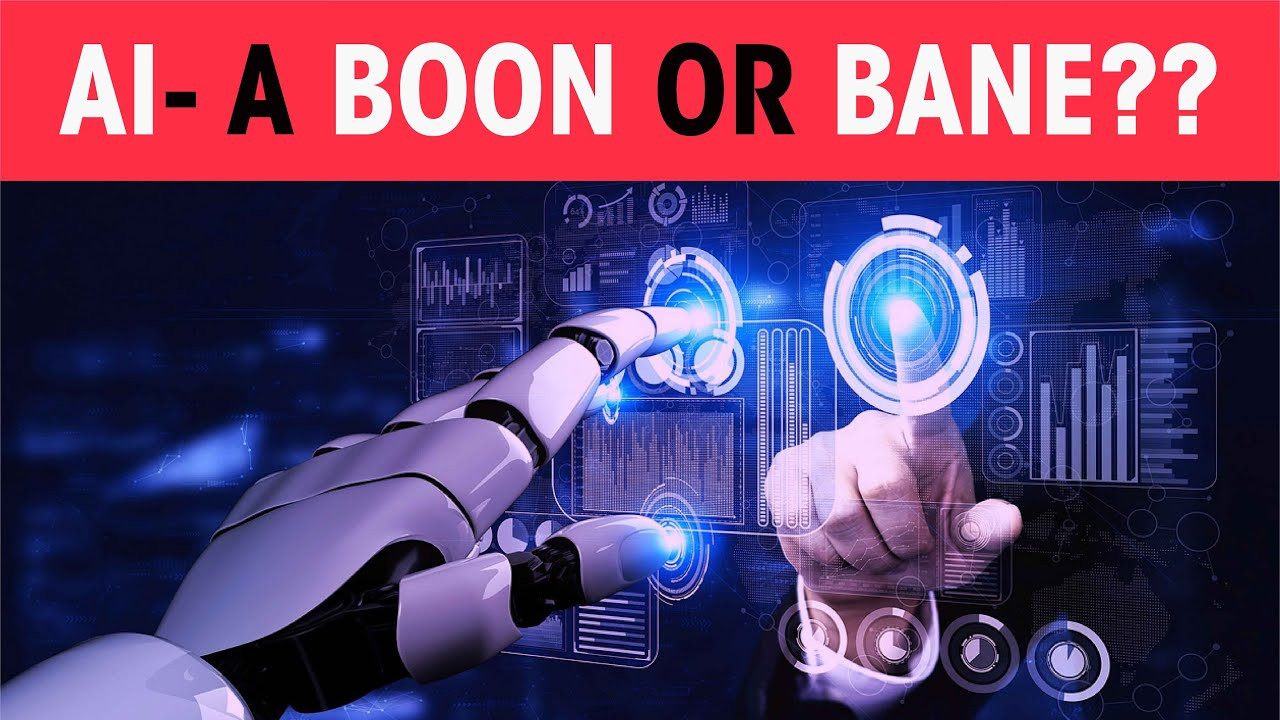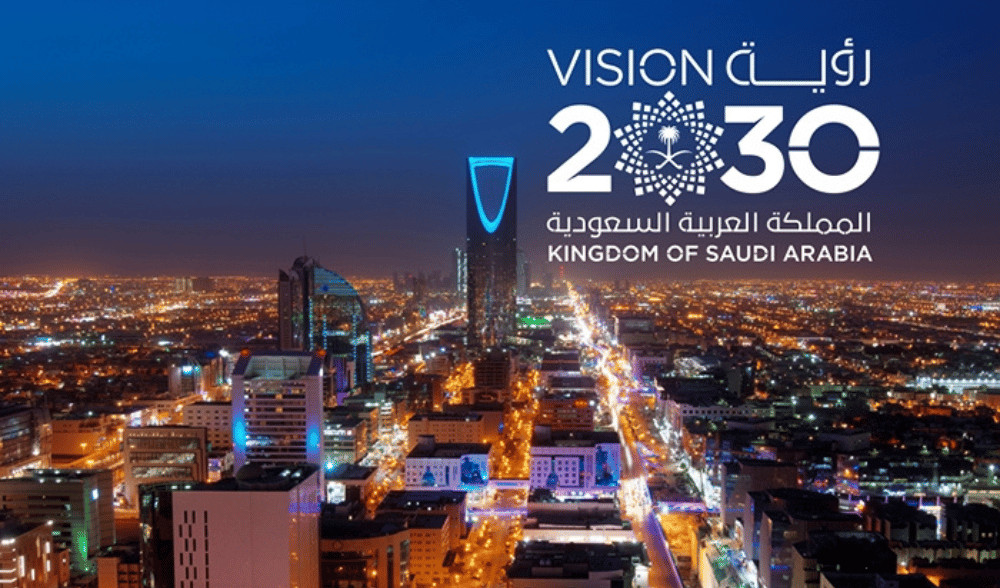The Philippines Embraces Artificial Intelligence: A Double-Edged Sword for the Workforce?
The Philippines, known for its robust outsourcing industry, is embracing artificial intelligence (AI) with open arms. This technological wave is expected to revolutionize various sectors, from healthcare and finance to education and customer service. While AI promises to bring efficiency, innovation, and economic growth, it also raises concerns about job displacement and the need for a reskilled workforce. This article delves into the intricate relationship between AI and the Filipino workforce, exploring the opportunities and challenges that lie ahead.
AI's Potential to Boost the Philippine Economy
The Philippines has a strong foundation for AI adoption, with a young, tech-savvy population and a thriving IT sector. The government has recognized the potential of AI to drive economic growth and has launched several initiatives to foster innovation and adoption. The Department of Science and Technology (DOST) has established the Philippine Artificial Intelligence Roadmap, which aims to promote AI research, development, and deployment across various sectors.
One of the most significant impacts of AI on the Philippine economy is expected to be in the business process outsourcing (BPO) sector, which employs millions of Filipinos. AI-powered automation can streamline repetitive tasks, allowing BPO workers to focus on more complex and value-adding activities. This could lead to increased productivity, efficiency, and competitiveness for Philippine BPO companies in the global market.
The Shadow of Job Displacement: A Looming Threat?
While AI holds immense potential for the Philippine economy, it also poses significant challenges, particularly for the workforce. The automation of tasks, a key feature of AI, raises concerns about job displacement. Some experts predict that certain jobs, especially those involving repetitive tasks, are at high risk of being replaced by AI-powered systems. This could have a significant impact on employment levels, particularly in sectors like manufacturing, retail, and customer service.
The Philippine government is keenly aware of these concerns and has initiated programs to address them. The DOST has partnered with educational institutions to develop curriculum that equips students with the skills needed for the AI-powered future. The government is also promoting upskilling and reskilling programs for the workforce to prepare them for the changing job market. The government is also exploring various options to mitigate job displacement, such as providing financial support for displaced workers and promoting the creation of new jobs in AI-related fields.
The Philippines: A Test Case for the Future of Work
The Philippines presents an interesting case study for the global debate on the impact of AI on the workforce. It is a country with a large and relatively young population, a rapidly developing economy, and a strong presence in the global outsourcing industry. The challenges faced by the Philippines in navigating the rise of AI are likely to be mirrored in other countries, making the Philippine experience particularly relevant for policymakers and businesses around the world.
A Future of Collaboration: Humans and AI Working Hand-in-Hand
The future of work is not about humans versus machines but about humans and machines working together. AI can complement and enhance human capabilities, allowing us to work more efficiently and effectively. It is essential to recognize that AI is a tool, and its impact on the workforce will depend on how it is used and managed. The government, businesses, and individuals all have a role to play in ensuring that AI is used to create a better future for all Filipinos.
Staying Ahead of the Curve: The Importance of Continuous Learning
The rise of AI signifies a shift in the skills needed to succeed in the job market. The days of relying on outdated skills are over. Continuous learning and upskilling are paramount for individuals to stay ahead of the curve and remain competitive in the AI-driven economy. This means embracing new technologies, learning new skills, and adapting to the evolving demands of the workplace. The Philippine government has recognized the importance of education and has made efforts to strengthen the country's education system and to make it more responsive to the needs of the changing job market. This includes initiatives to promote STEM education, which is essential for developing the skills needed for careers in AI-related fields.
A Call for Collaboration: Shaping the Future of Work Together
The impact of AI on the Filipino workforce is a complex issue that requires a collaborative approach. The government, businesses, educational institutions, and individuals all need to work together to ensure that AI is used to benefit the country and its people. This includes investing in education and training, promoting innovation and entrepreneurship, and developing ethical guidelines for the use of AI. By working together, we can harness the power of AI to create a more prosperous and equitable future for all Filipinos.


















